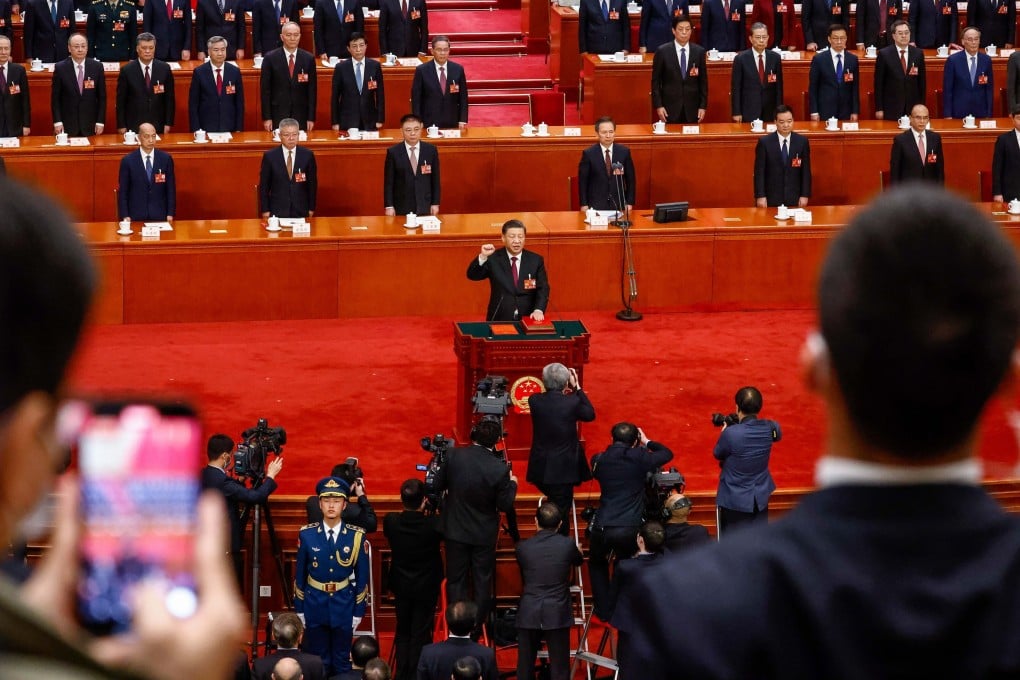Advertisement
Global Impact: what did we learn from China’s ‘two sessions’ so far?
- Global Impact is a weekly curated newsletter featuring a news topic originating in China with a significant macro impact for our newsreaders around the world
- In this edition, we break down events from the first week of China’s ‘two sessions’ in Beijing
Reading Time:7 minutes
Why you can trust SCMP

Wendy Wuin Beijing
Global Impact is a weekly curated newsletter featuring a news topic originating in China with a significant macro impact for our newsreaders around the world. Sign up now!
It is never boring for a China watcher to observe the “two sessions”, one of the most important events on Beijing’s political calendar. This year, a sense of urgency has surfaced to spearhead technological development and guard against economic headwinds.
With Xi Jinping starting a norm-breaking third term as the leader of the world’s second-largest economy, the attention of the new government will be on how to sustain economic growth in the coming five years, and also on how to carve out a place in the looming technology and science revolution.
Advertisement
On the opening day of the National People’s Congress (NPC), Xi singled out the US and accused it of suppressing China, during his first panel discussion. He also warned that risks and challenges confronting China will “only increase and become more severe”.
The sense of urgency became more apparent when Beijing unveiled a plan to revamp the government in a bid to strengthen its capabilities in risk control and in the face of the tech war with the US.
Advertisement
It also plans to set up a super regulator to oversee 400 trillion yuan (US$58 billion) worth of financial assets as leadership continues to warn of “black swan” events that would undermine financial and economic stability.
Advertisement
Select Voice
Select Speed
1.00x
